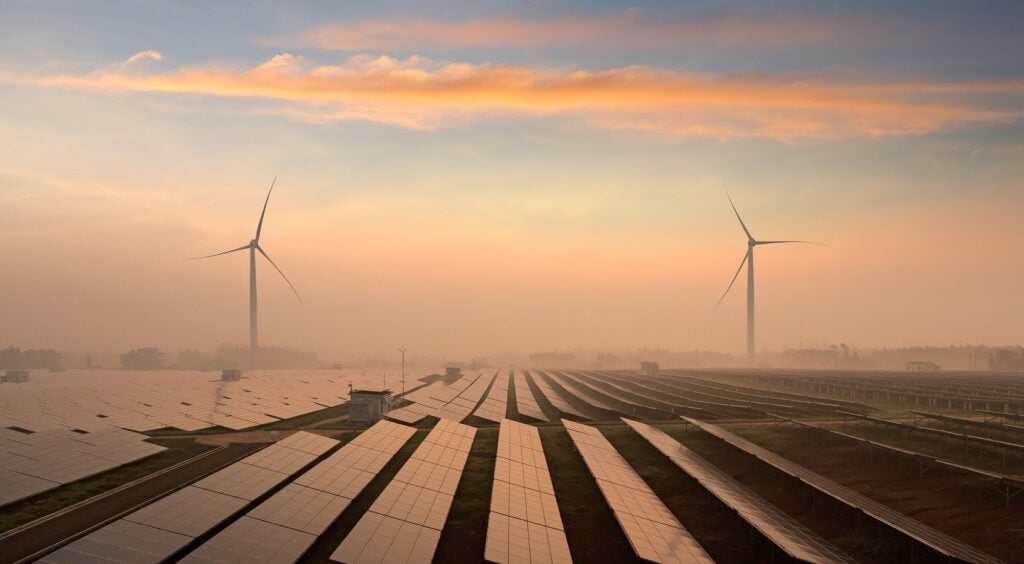German energy investor Aquila Capital has launched a new fund dedicated to investing in energy infrastructure assets deemed essential to Europe’s energy transition.
The Energy Transition Infrastructure Fund (ETIF) will invest in assets that fall under what Aquila has deemed the three most important subsectors of the energy transition, namely renewable generation, energy storage and energy transportation.
Aquila intends to launch the ETIF as a Reversed Alternative Investment Fund based out of Luxembourg, and Aquila has already set a target volume of €750 million (£657 million).
Its term is expected to be 12 years with a target net IRR of between 8% and 10%.
Geographically, the fund is to focus predominantly on continental Europe and the Nordics, however Aquila has said it would possibly make additional allocations in Great Britain and central and eastern Europe.
Aquila expects to make between ten and 15 investments with an average price of €50 – 75 million each.
Susanne Wermter, head of investment management for energy and infrastructure EMEA at Aquila Capital, said that there are currently “numerous developments” driving a need for strategic investment in Europe’s energy infrastructure.
“Energy consumption is rising, which is increasingly being met by renewable energy assets such as photovoltaics and wind power rather than fossil fuel and nuclear generation.
“Sufficient transport and storage capacities must be created or amended to meet the challenges of the energy transition. As such, the advancing decentralisation and necessary integration of the energy system offers investors attractive opportunities. This is why we have designed the ETIF to cover the entire value chain in renewable energy supply,” she said.
Aquila is an established European investor in renewable energy and currently manages assets totalling around 2.2GW, split between solar, hydropower and wind.
Roman Rosslenbroich, chief executive and founder at Aquila Capital, said that Europe was entering a “new phase of the energy transition”.
“In the coming years, investments in energy storage and grid capacity will become much more important. Our response to this development is the ETIF strategy, which allows investors to participate financially and ecologically in the Europe-wide energy transition on a sustainable basis,” he said.






